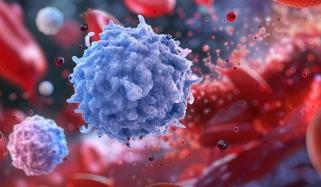
Is your child a fussy eater? If so, then do you want a solution for this? If yes, then there is bad news because there is not one!
As according to new research, fussy eating isn’t just a phase and it might not be in your control because it’s more of a genetic issue than parenting styles.
To analyze whether the fussy eating is due to genetics or the environment, the UK researcher examined eating habits of identical and non-identical twins from the ages of 16 months to 13 years.
The results were that food fussiness can remain stable throughout childhood, with becoming high at the age of seven before starting decreasing.
"The reason why some children are quite 'finicky' with trying certain sorts of food and others are more adventurous and they happily join in with family meals is largely down to genetic differences between children rather than parenting styles,” Professor Clare Llewellyn, senior author of the study at UCL, told the BBC Radio 4's Today programme.
According to the lead author of the study, Dr Zeynep Nas, these findings would "help to alleviate parental blame", acknowledging that fussiness could be "a major source of anxiety for parents and caregivers".
Clare Llewellyn suggested that early measure like regularly serving variety of foods to children, may help in reducing fussiness.















